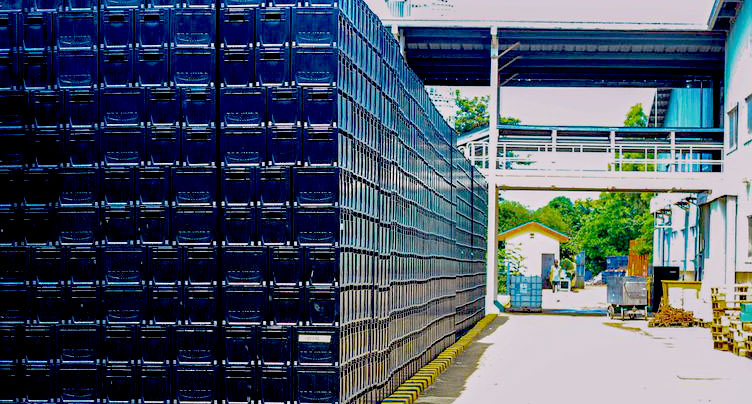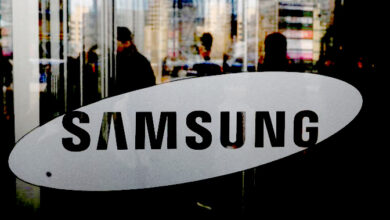Congo’s beer factory is a bright spot in a rebel-torn area.

Beni, Democratic Republic of the Congo (Reuters) -In a Brasimba factory, beer bottles move quickly along a conveyor belt. The factory has been through two deadly Ebola outbreaks and waves of fighting caused by rebel militias in the nearby forests.
After an initial investment of 125 million euros ($134 million), the amount of beer made at the plant in the city of Beni in the northeast of the Democratic Republic of Congo more than tripled between 2013 and 2021, reaching 600,000 hectoliters.
Since 1995, France’s Castel Group has owned Brasimba. In Beni, they added a second filling line last year to make more products. This, along with expanding the warehouses, should help Brazil deal with supply problems as the poor province deals with a major offensive by the M23 rebel group.
Also Read: During the monkeypox outbreak in Africa, sickness and death were not found.
Thomas Wybauw, the sales manager for Brasimba, said, “The Beni plant has become the hope of this troubled area.” “Many people have gotten behind the project and think it’s great that an international group is investing in the area.”
Workers in high-visibility vests load crates onto lorries that will take up to a month to get to their destinations, bumping slowly along rutted or muddy roads and sometimes having to go around rebel checkpoints.
“We can’t get into certain places. We have roads that are sometimes blocked because they are in bad shape or because there is a lot of crime. “This makes it take longer or sometimes even impossible to get supplies to some areas,” “said Wybauw.
Also Read: China Southern operates 737 MAX flights in anticipation of the model’s comeback.
Back in Beni’s bars, there’s always plenty of beer.
“It makes us proud to drink beer made in our own country,” said Jean-Marc Wisole, savouring his bottle of Doppel Munich, one of nine types of beer made at the local plant.
The Brasimba brewery was started in 1925, and its Beni factory employs about 130 people and another 180 temporary workers. These jobs provide much-needed income in a country where 73% of people live on less than $1.90 a day, according to the World Bank.
Also Read: European stock futures rise; the retail sector is in the spotlight as results start to come in.
($1 = 0.9331 euros)





